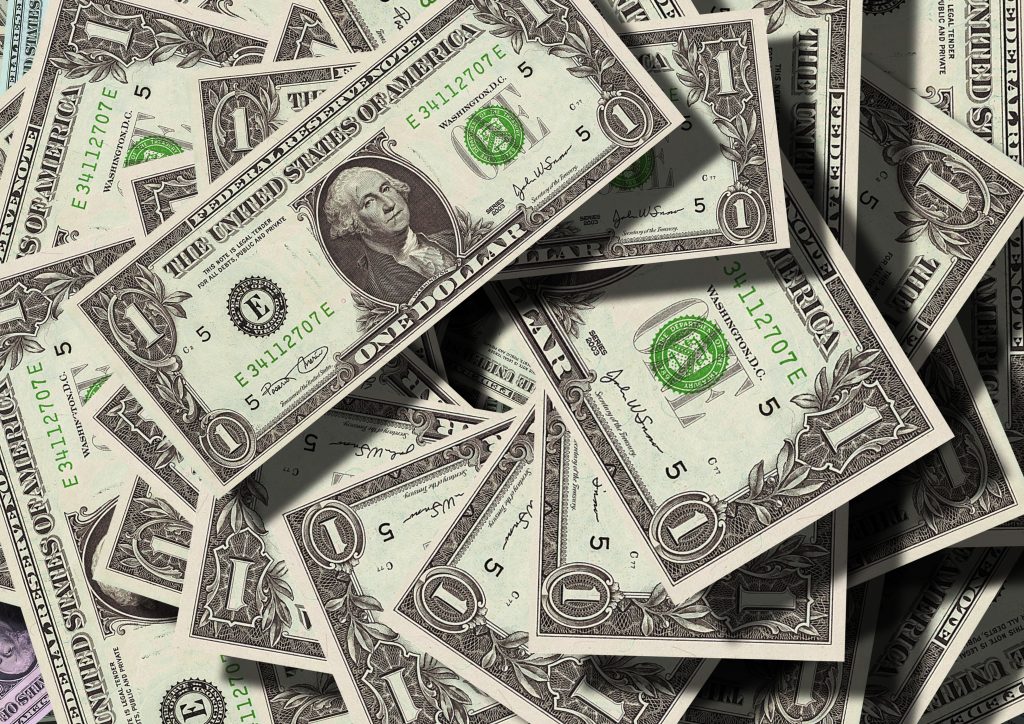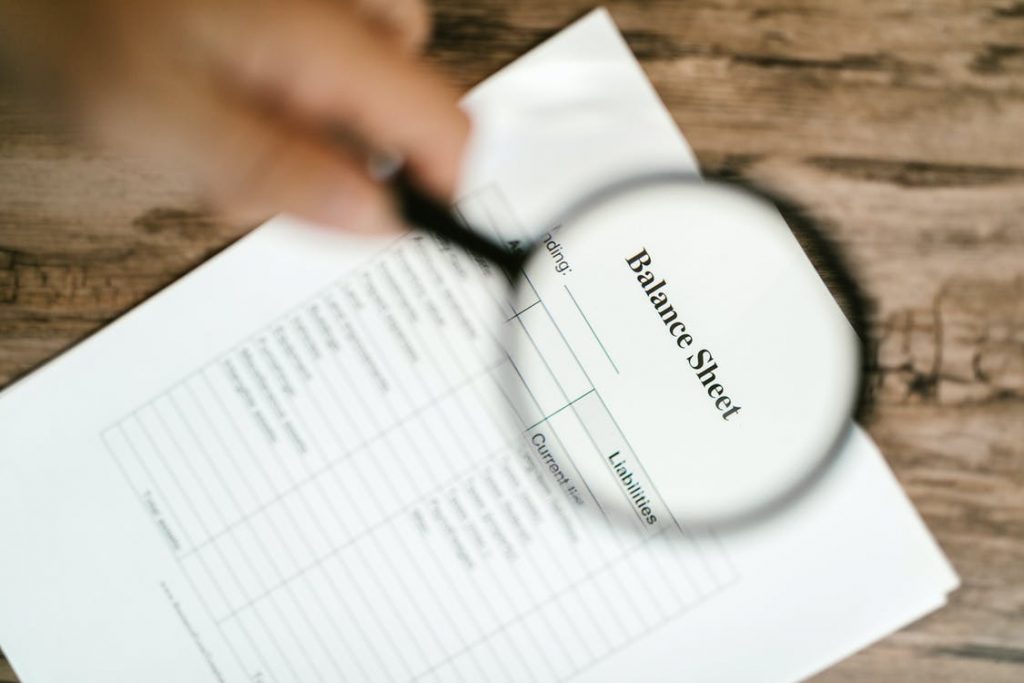One of the biggest questions of business owners is how much they should pay themselves.
In a way, when you run your own business, you’re an employee and a boss at the same time, especially if you run a company. This is because as well as ensuring your suppliers and staff are paid, you need to pay yourself.
Some business owners make the major mistake of treating their business bank account as their own personal piggy bank. They don’t give themselves a set income and they simply spend money when they need to. This can make things confusing and stressful at tax time. It can also land the business in hot water.
Other business owners are so committed to their business that they never put money aside for themselves. As a result, their houses are falling apart, their families are stressed and they aren’t taking the steps to build wealth for the future.
When it comes to the question of how much to pay yourself as a business owner, there are a few ways you can go about it:
The Profit First model
This is a world-famous book by Mike Michalowicz that has changed many people’s lives.
The method flips traditional accounting on its head and says that instead of paying yourself what is left over after the business has paid all its bills, you should pay yourself (and set aside money as profit) first.
This way, you can allocate what’s left of your revenue to run the business. If it’s not enough, you need to find a way to either spend less or earn more.
Mike Michalowicz’s system recommends you allocate a set percentage of your revenue across areas like business expenses, staff salary, tax, profit and your own salary each month. The percentage you pay yourself may be small e.g. 15%, or quite large, depending on the nature of your business and how much money it makes. For example, a consultant who is a sole trader may draw 40% of the profits. An optometrist with a team of staff may take home 18% of the revenue for him or herself.
Take a look at the Profit First website to see more: https://mikemichalowicz.com/free-resources/
Speak to your accountant
The amount of tax you pay out of each dollar you earn rises with your income so giving yourself a huge salary isn’t always the best idea.
Instead of paying yourself, you may be better off salary sacrificing your super, looking to negatively gear an investment property or putting money towards things you need like a vehicle or home office upgrade.
Tax can be confusing so get advice from your accountant about what is a reasonable amount to pay yourself each month and how you can be strategic with your money so you owe less to the government.
Read more: How a small business bookkeeper can save you thousands of dollars
Create a budget
If you have the bad habit of dipping into your business account whenever you need money, you’ll find tax time very frustrating and time-consuming.
Instead of doing this, create a personal budget that gives you a reasonable amount to live on and give yourself a monthly or fortnightly ‘paycheck’.
Make sure the business can afford this amount. If the cash flow isn’t there, it is worth doing some target revenue analysis to determine what level of turnover you need to achieve to pay yourself the money you want.
Here’s a hypothetical case study of how to do this:
‘John’ would like to pay himself a salary of $10,000 per month.
- He has life coaching packages that sell for $1,000 per month
- His costs to provide the service for each client is $100 a month in personality profiling software and $200 in staff costs
- His operational costs are $10,000 per month
John needs to make $28,570 in monthly sales. This means he needs to sell at least 29 packages, otherwise he can’t pay himself the amount he wants. If he doesn’t make those sales, his options are to choose a lower salary, increase his client base or find a way to reduce costs.
How much should you pay yourself as the business owner?
Here are some other things to consider:
- Your business should serve you as well as your clients, staff and suppliers. It is important to establish what sort of return you want to gain for the effort and risk you take in running your own business.
- As a sole trader, you can only pay yourself via drawings out of the business. You are not an employee as the owner and business are one and the same. However, as mentioned, it makes sense to give yourself a salary so you can control your cash flow.
- If you’re a company director, you cannot legally take drawings out of the business as you are a separate entity to the business. You either have to become an employee of the business and receive a salary (complete with tax taken out and super contributions made), pay yourself a share of the profits by way of a dividend, become an external consultant to the business by invoicing the business for services rendered or take out a directors loan (which you will have to pay back). Your Tax Accountant is the best person to advise you how to pay yourself.
Want better control of your money so your business is giving you the income you deserve? Talk to a proactive bookkeeper who is focused on helping you grow your business.
Straight Forward Accounting bookkeeping services and business advice for small business in Melbourne. Book a free consultation to find out more today.



